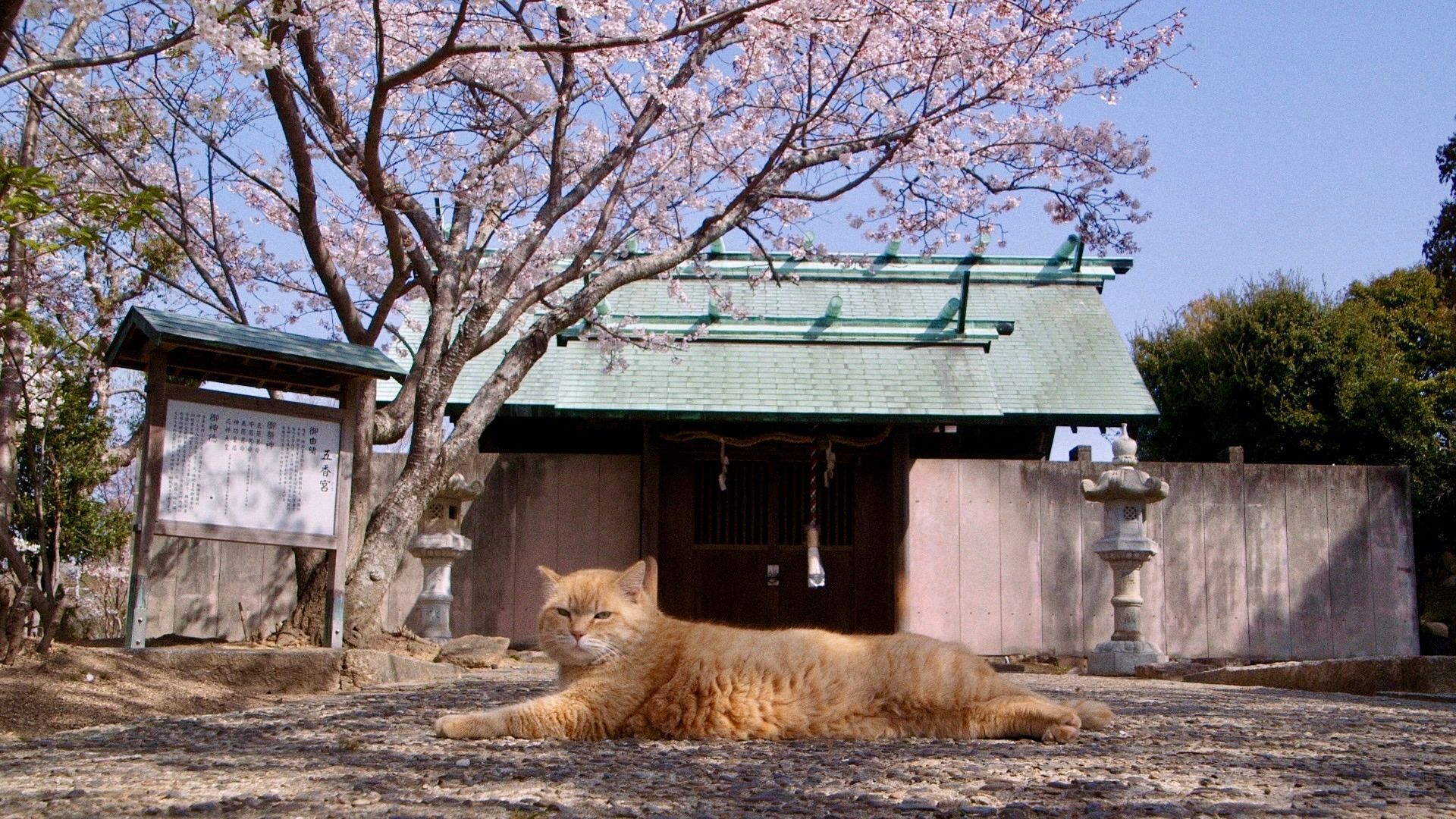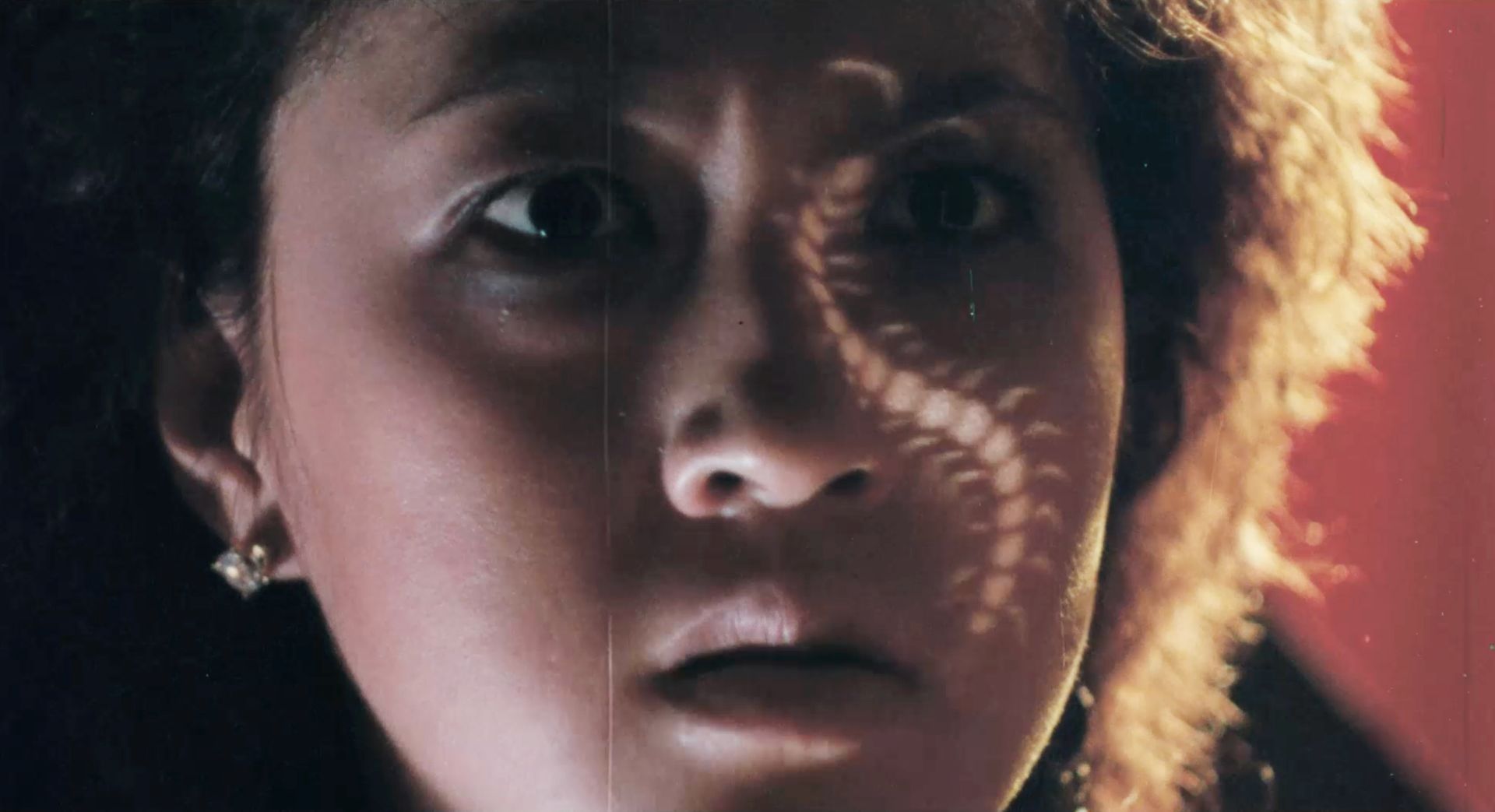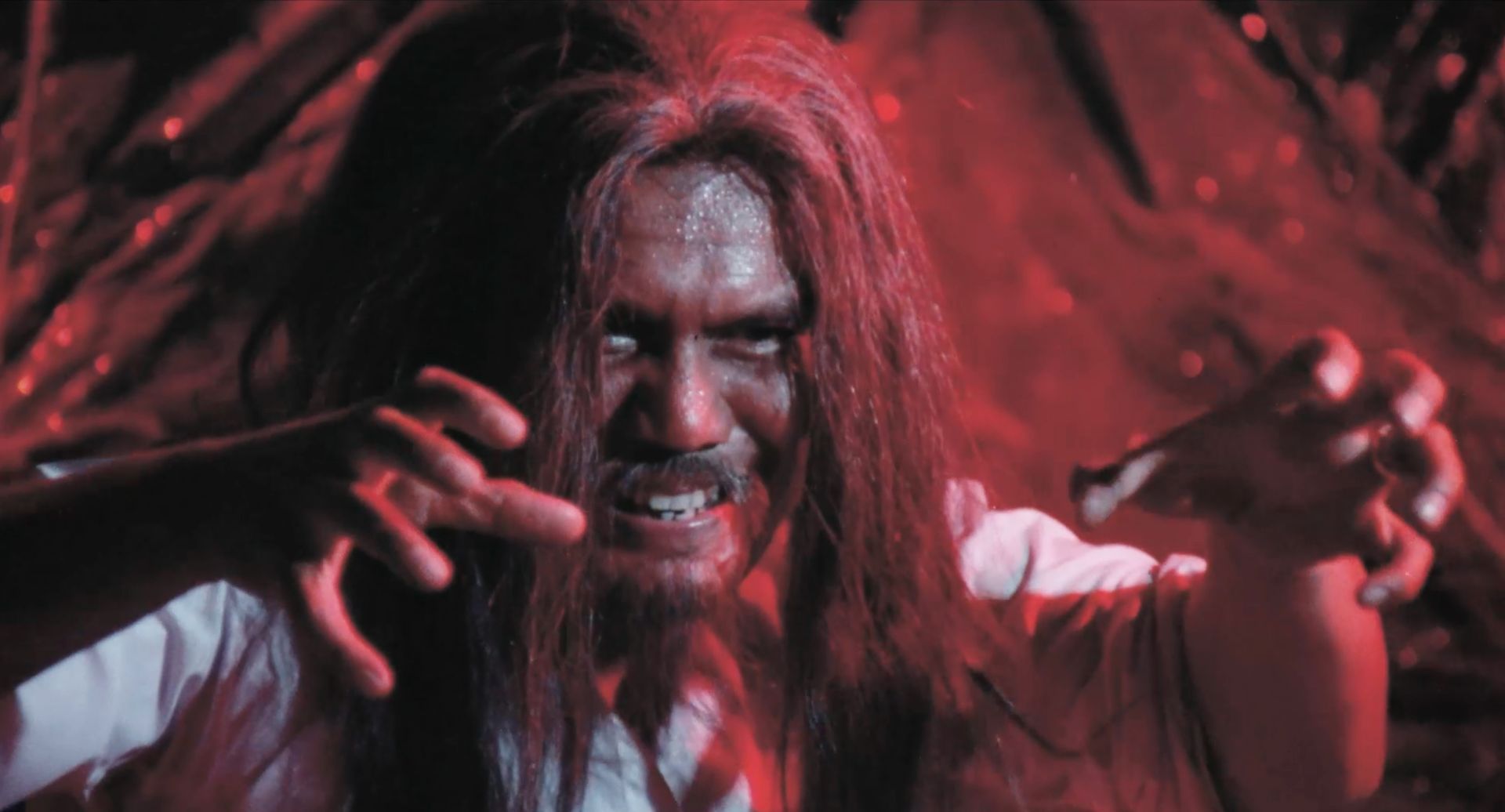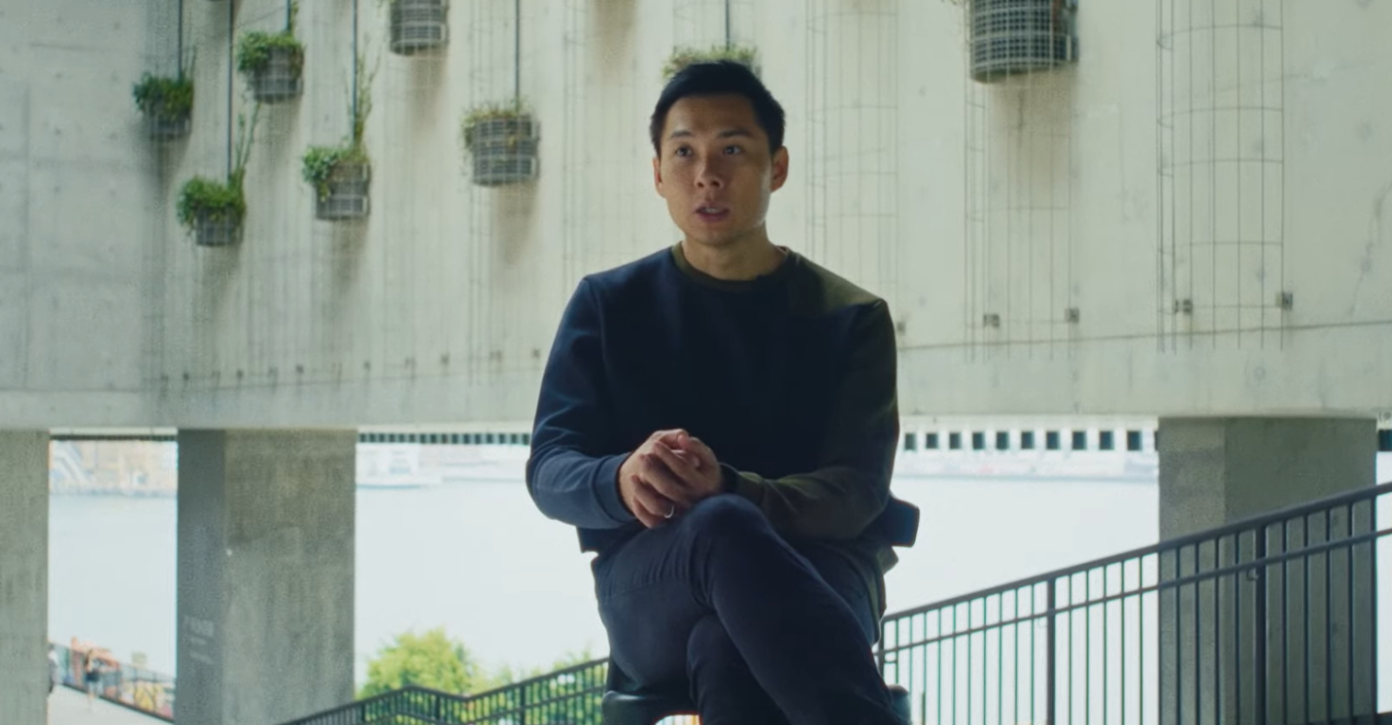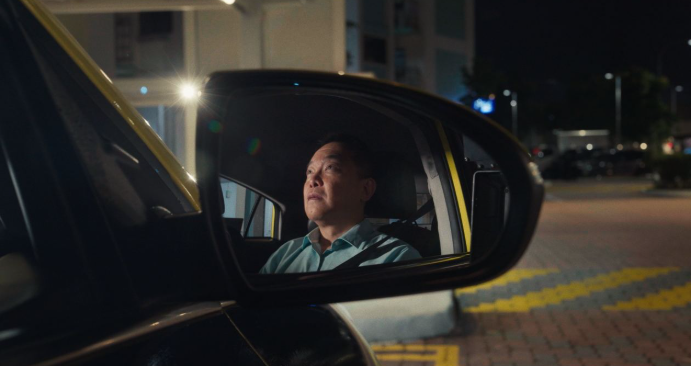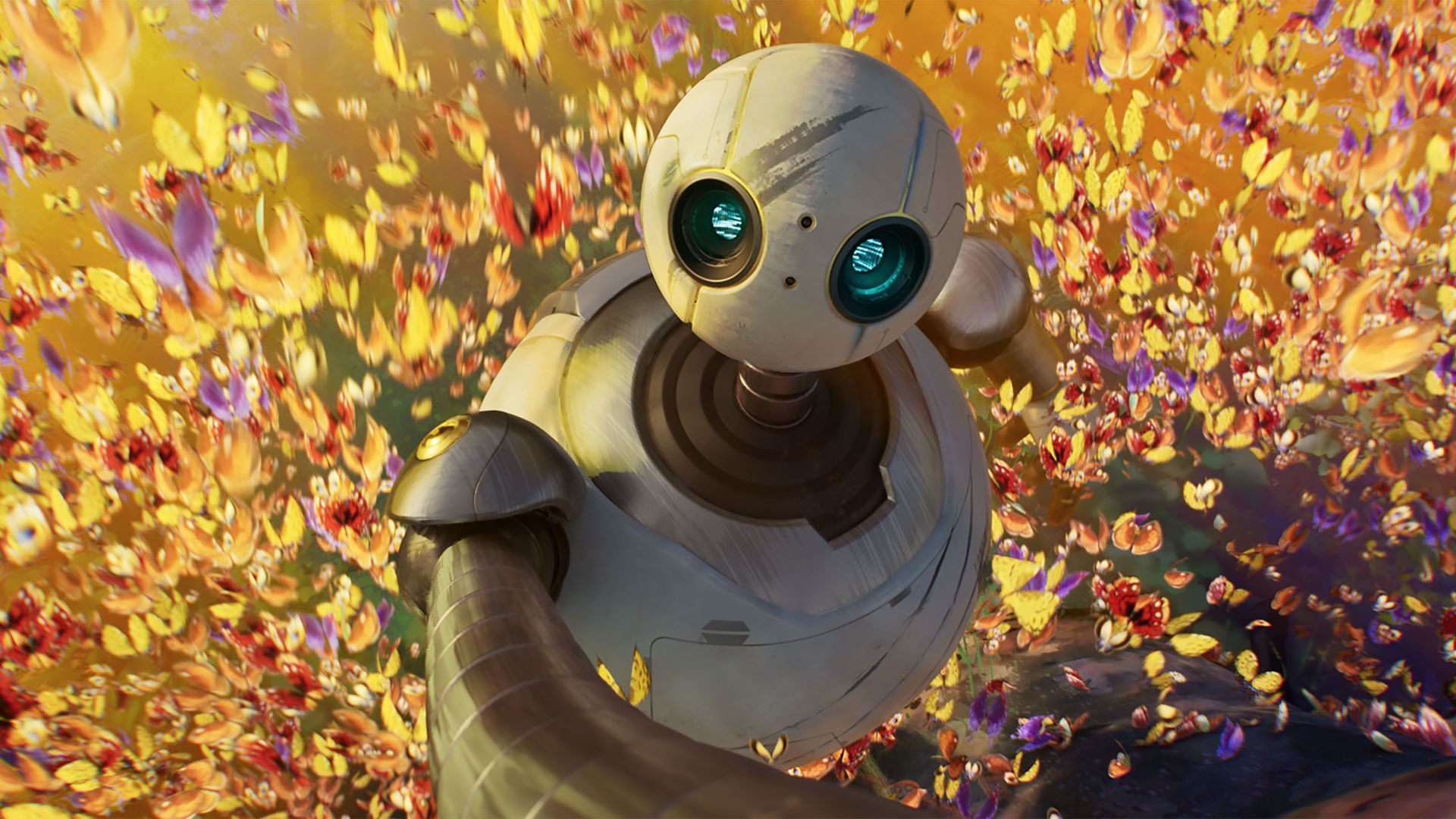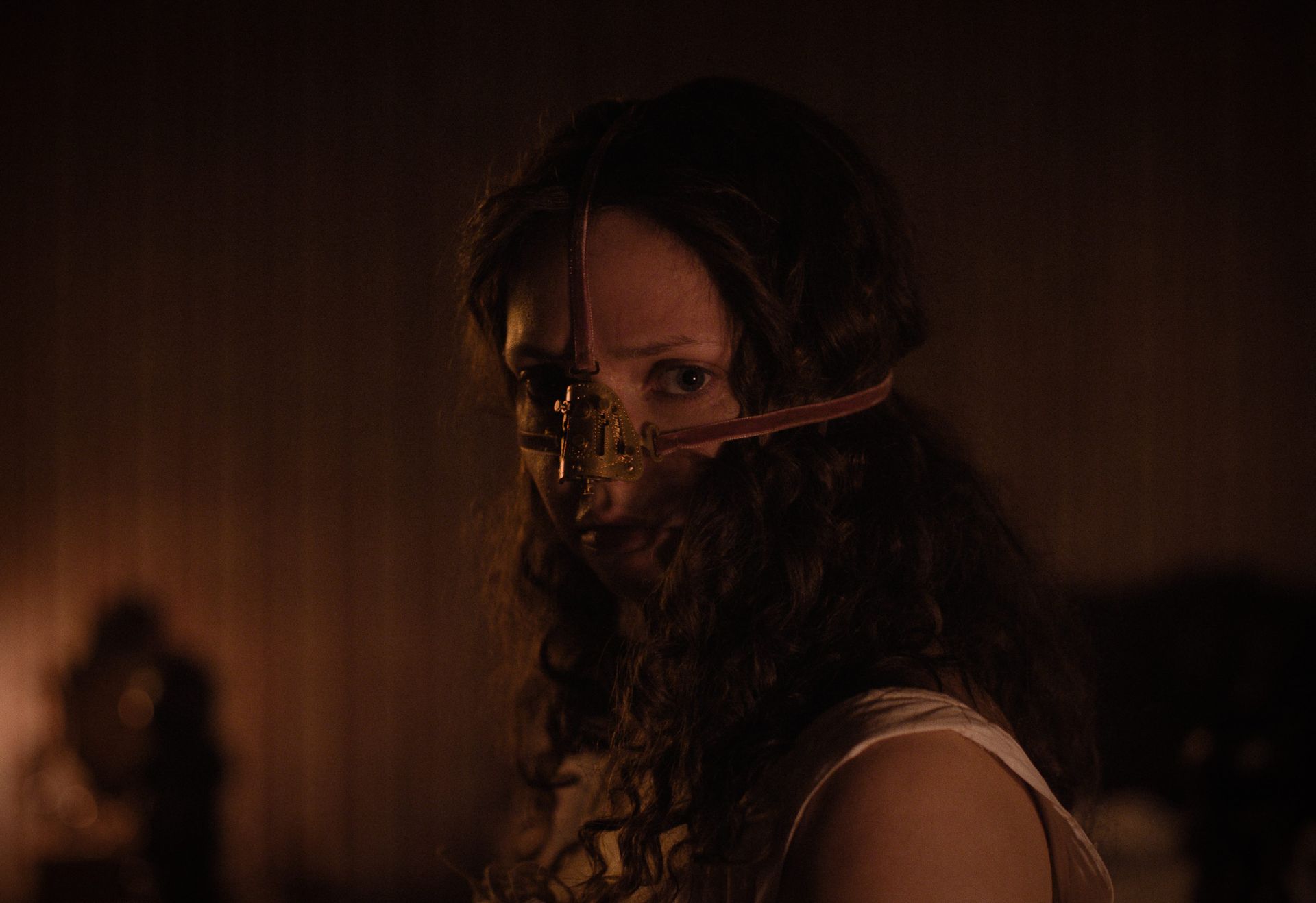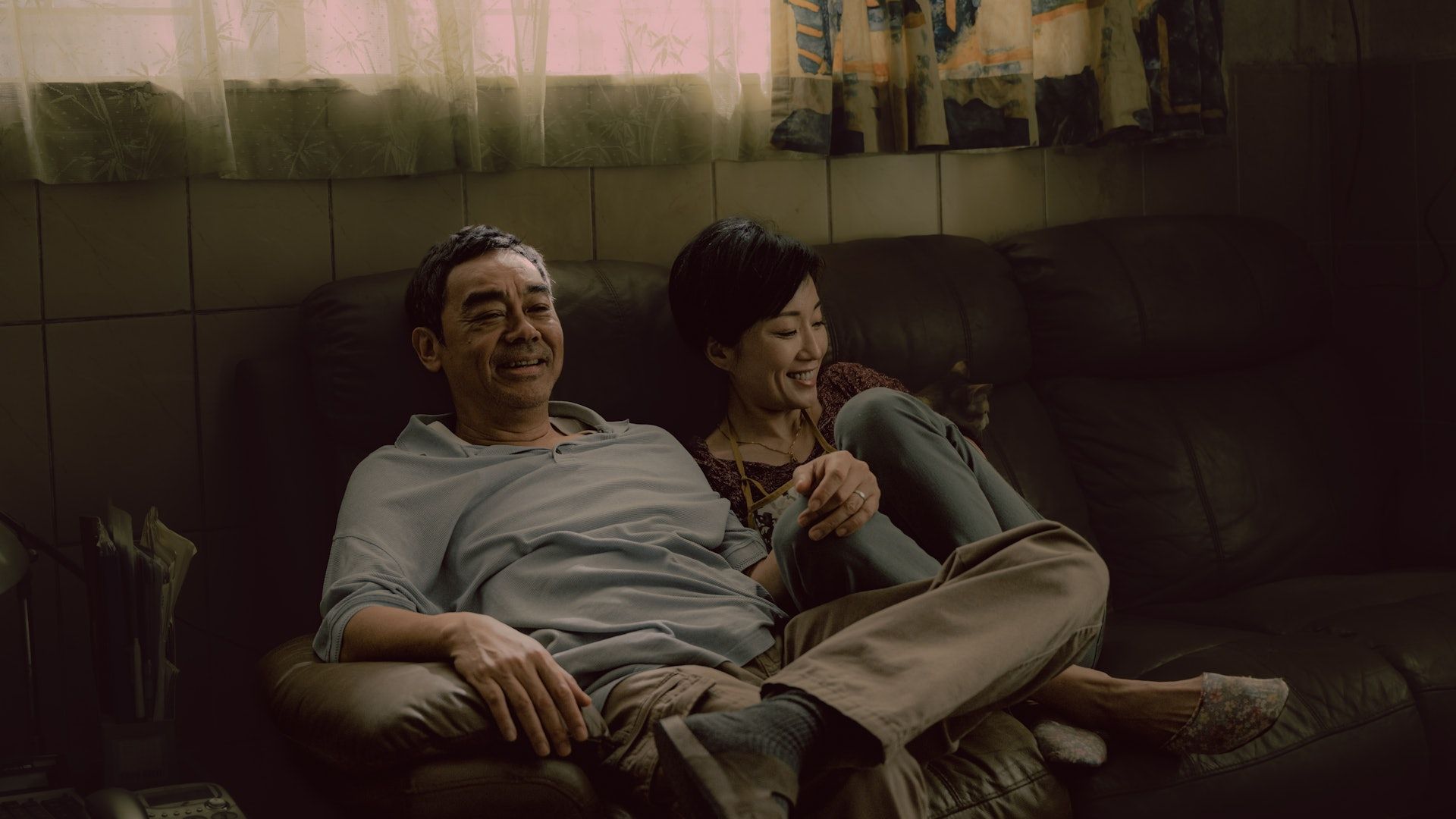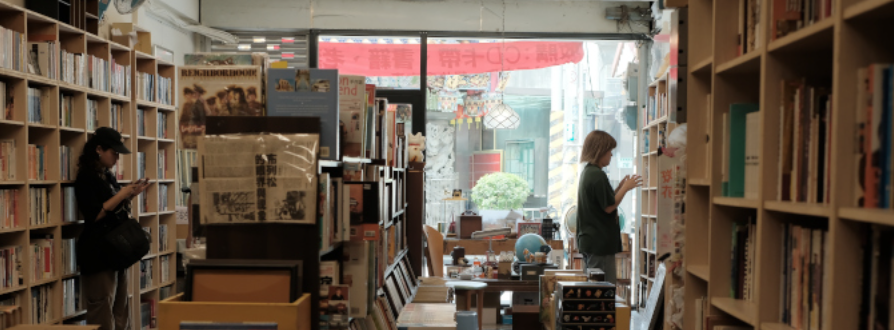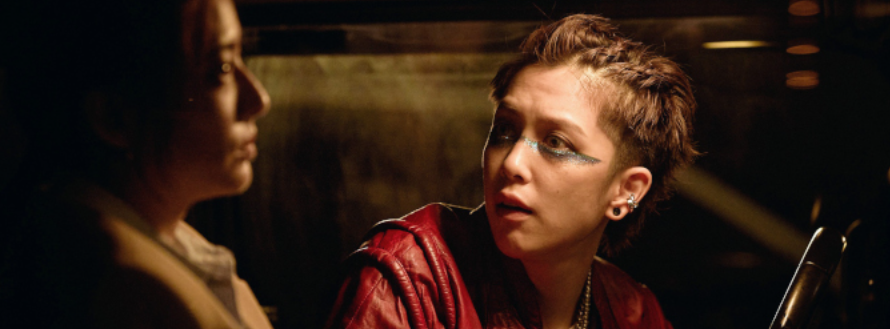(HKFGP) Film Review #79: JULY RHAPSODY
Hong Kong Film Gala Presentation
Film Review #79: JULY RHAPSODY
*This film review may contain plot spoilers, reader discretion is advised.*
In July Rhapsody, a mid-life crisis unfurls as a domestic drama of a school teacher’s marriage woes. When his wife’s ex-lover makes an intrusion into their lives, it brings back old memories both had chosen to forget. To further complicate matters, a precocious female student tries to tempt him with her seductions. Ann Hui’s domestic drama contemplates past and present romances, reflects upon one’s inner desires but finds redemption within regret. July Rhapsody comes across as a genuine attempt to work through a troubled marriage, even as the couple look back with nostalgia on their own youth.
Hui, known for her films that tackle social issues, treats July Rhapsody as a romance film but approaches its subject from a mature perspective. Much as it would be easy to sensualise it, Hui is restrained in how she deals with the sensitive subject of teacher student relationships. As authoritative figures that students typically look up to, it becomes a conundrum that complicates life both in and out of school. The film puts this at the forefront of the narrative, and while it places a strain on the family, becomes essential when the couple are forced to find closure to past problems.
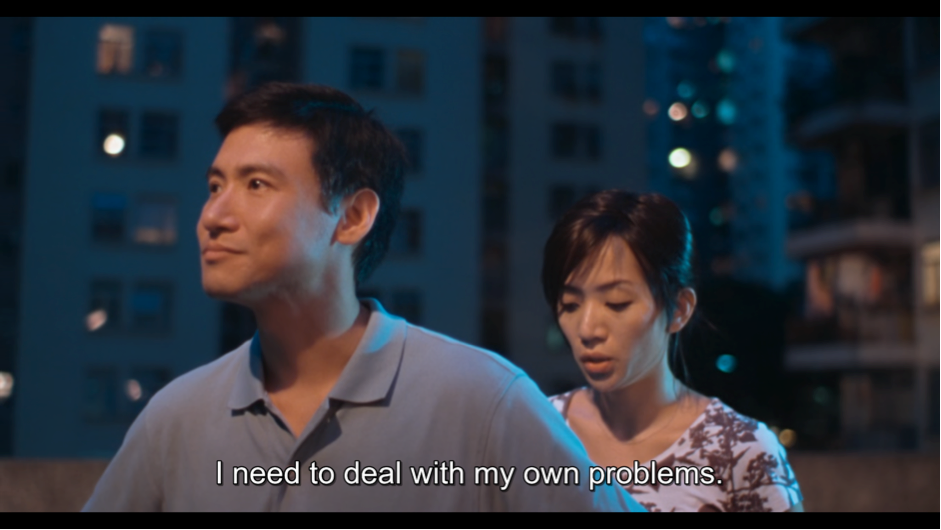
Film still from July Rapsody
Ching (Anita Mui) is sought out by her old flame, their teacher, who is ailing. It creates tension between her and Lam, who becomes struck with insecurity. Now older and a mother of two, she feels obliged to settle any unresolved hurts by being his caretaker in his last days. Lam (Jacky Cheung) becomes mired in his own insecurities when he attends a class reunion, seeing his old friends now leading lavish lives while he earns less as a teacher. With the passion of his marriage burnt out, he is swayed when a younger student Woo (Karena Lam) shows interest in him. Lam’s predicament then, feels like a repeat of history, a mistake that he is determined not to commit.
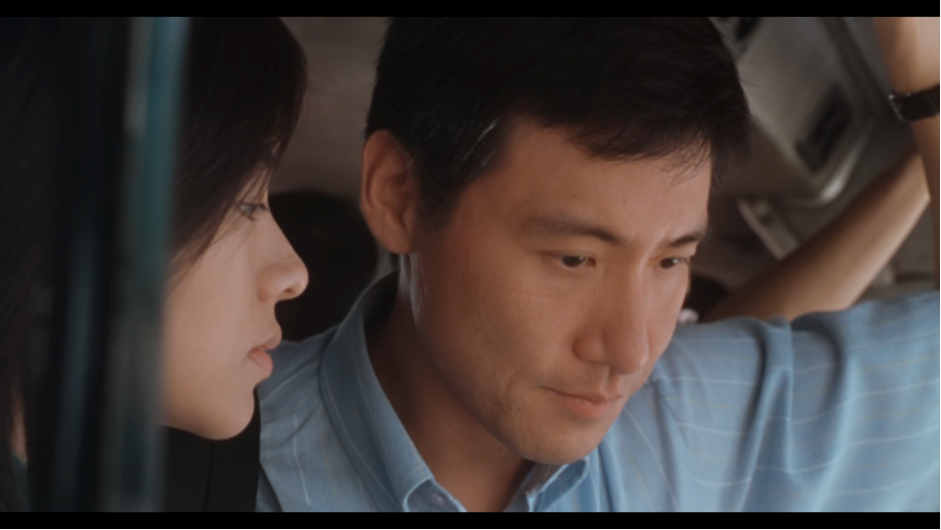
Film still from
July Rapsody
July Rhapsody is guided by the moral values that Lam as a school teacher espouses. Even when he is met with temptations, there’s always that inkling of rationale in his eyes. His role as a teacher of literature carries with it a poetic sense of reasoning, and he digs into that in order to curb his own emotions and impart moral values to Woo. While the implication of their relationship is outrageous in its own right, the poetic approach softens it. July Rhapsody has a premise that would normally be deemed taboo in the eyes of Chinese audiences. Hui however, frames these interactions to place Lam in a more redemptive light as he seeks to make things right.
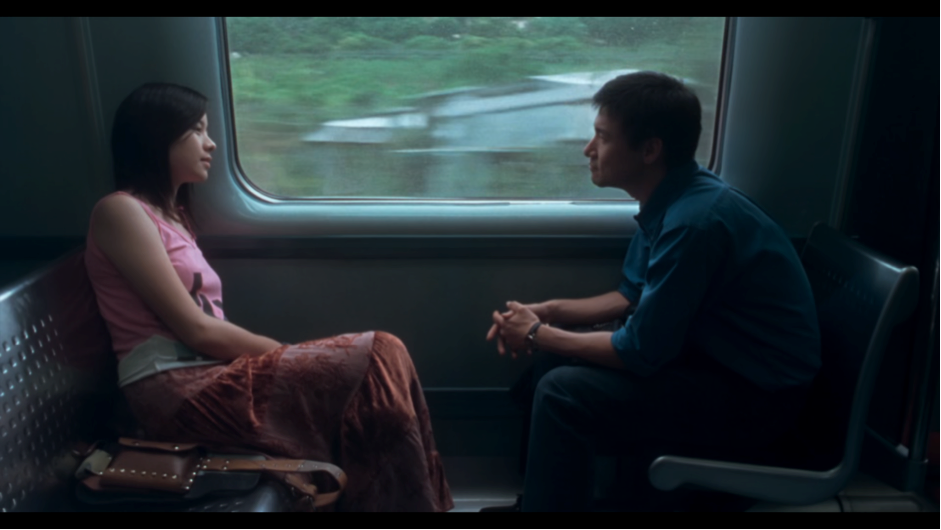
Film still from
July Rapsody
It’s also great to see Jacky Cheung act opposite Anita Mui. The two leads share a chemistry, but unlike that of young lovers, they play the old married couple convincingly. Nestled comfortably in each others arms, with an intimacy that comes from years of understanding the other party. It’s a marriage that’s dictated by trust and commitment, only punctuated by the occasional moments of sentimental reminiscing. As each strives to find closure to past problems, it forces them to be honest with one another, and through that bridge the distance between.
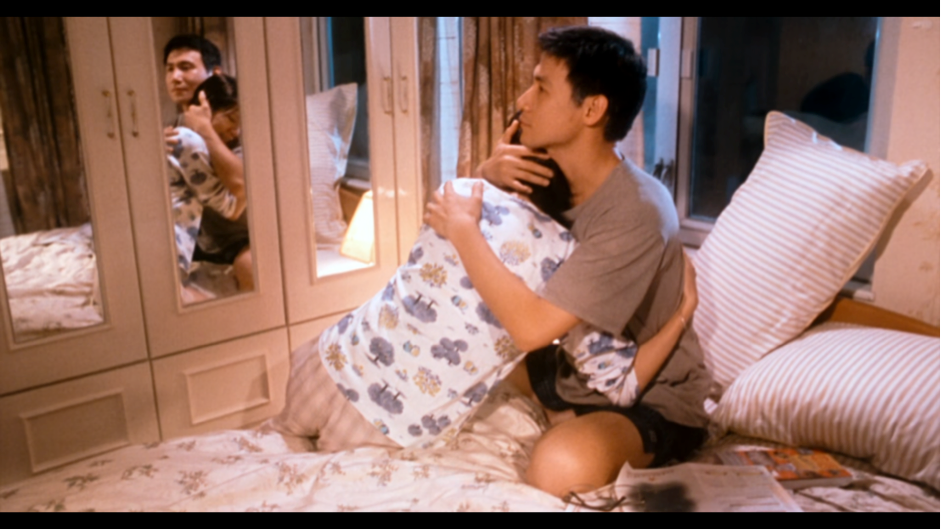
Film still from
July Rapsody
One might see the film as one that paints the younger, innocent female student as the temptress who seeks to ruin a happy family. Such was the case when Ching had an affair with her teacher, and now when Woo is trying the same with Lam. However, the truth is often more nuanced, and this is exemplified by the fickle way each character behaves. There’s a constant fluctuation of emotions at play, stirring up confusion between the mind and the heart.
Ann Hui doesn’t always promise the happiest of endings with her films, but each seeks to provide catharsis by offering a form of closure to the issues at hand. July Rhapsody sees Lam and Ching come to terms with their own mistakes and emotional baggage, allowing them to be free of past burdens that weighed them down.
——————————————————————————-
About the Author: Ivan Chin has a penchant for Hong Kong cinema and science-fiction films, but enjoys anything from blockbusters to the avant-garde. His favourite directors include Johnnie To, Denis Villeneuve and Stanley Kubrick. He also fervently hopes to see local films blossom. In his free time, he can usually be found wandering around cinemas.
This review was written for Hong Kong Film Gala Presentation happening on 29 September - 1 October 2023.
Tickets are available here:
https://shaw.onl/HKFG23

